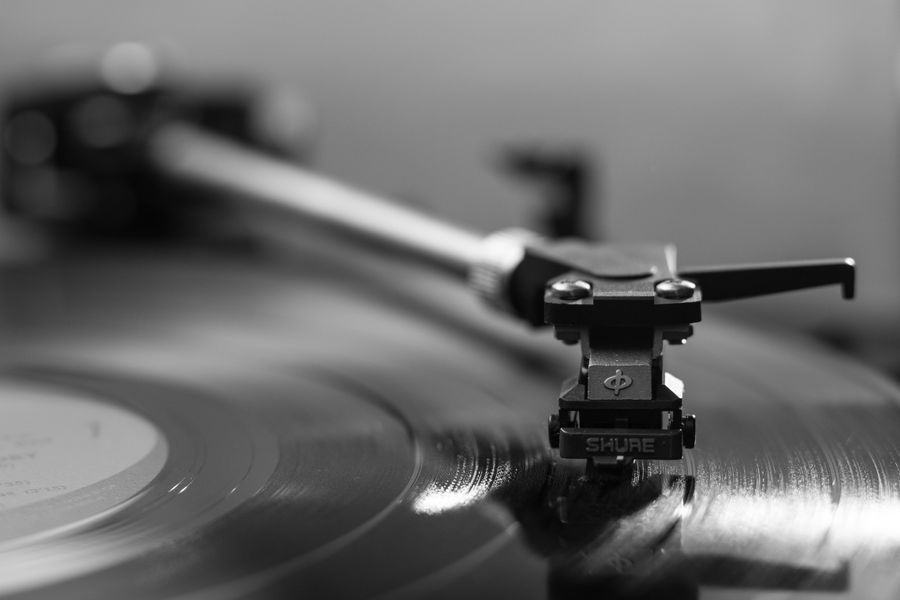Written completely without irony or self-awareness in an article at Ars Technica on why vinyl still has a following:
Records, in all their fragility and physicality, pay proper respect to the music, proper respect to the past. They must be handled carefully, for the past deserves our preservation. They are easily scratched, and their quality is diminished as a result of those scratches. They are subject to the elements—left in the sun, they warp. Like living things, they are ephemeral.
While the process of launching Spotify and searching for a track (Any track! You have 30 million choices!) is clearly the most efficient means of listening to music, sometimes efficiency isn't what the experience is about. Record albums are analog, the closest thing we have to the soundwaves. These waves are coaxed out of a flattened, spinning disk of vinyl by a diamond. The diamond is literally taking a ride on the record. The bumps in the grooves push the diamond up and down. Everything about the process has a tactile physicality to it that differs in feel from digital services.
Steven Beeber, the vinyl aficionado and author of The Heebie-Jeebies at CBGB's: A Secret History of Jewish Punk, summed up the appeal of records this way: "As with so many things, the Luddites were right. The old ways were better. Vinyl has a richness and depth that digital media lacks, a warmth, if you will. And hell, even if it didn't, it sure looks cool spinning on the table, and you've got to treat it with kindness to make it play right, so it's more human too. As in our love lives, if you want to feel the warmth, you've got to show you care."
So... respect for the past, the old ways are better - in part because they are tried and proven and have depth, instead of being new, faddish, and shallow.
OK, now apply that to politics or traditions, and other "outdated" and "outmoded" modes of thought.

